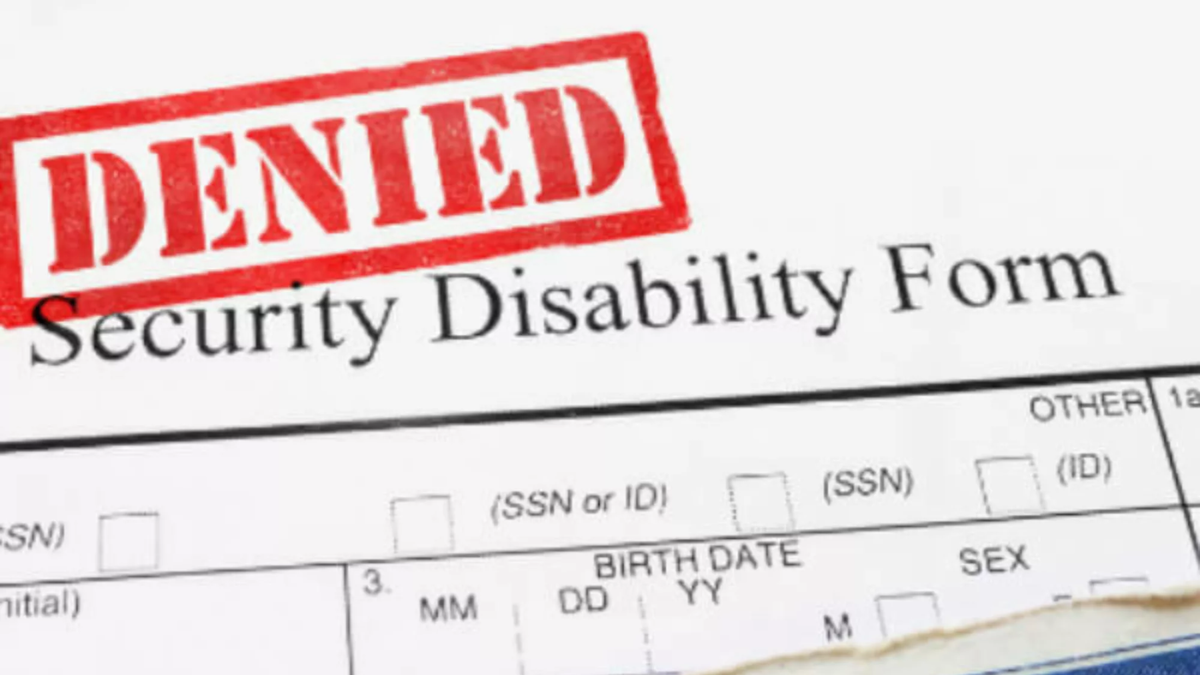An Ohio woman battling a debilitating disease has found herself in a frustrating and heart-wrenching situation: despite paying into Social Security her entire working life, she has been denied disability benefits. Her story highlights ongoing challenges in the Social Security disability system and raises questions about fairness and access to support for those in need.
The Woman’s Story
The unnamed Ohio resident, who has been diagnosed with a progressive illness, was forced to stop working due to her condition. After years of contributing to Social Security through payroll taxes, she believed she would qualify for disability benefits.
However, her claim was denied, leaving her struggling financially. She is now navigating the complicated appeals process, which can take months or even years to resolve.
Issues with Social Security Disability
- Stringent Eligibility Criteria:
- To qualify for Social Security Disability Insurance (SSDI), applicants must meet strict medical and work-related requirements.
- Many initial applications are denied, with some estimates suggesting a rejection rate of over 60%.
- Lengthy Appeals Process:
- Denied applicants often face extended delays in the appeals system, which can take up to 18 months or longer for a final decision.
- Documentation Challenges:
- Proving the severity of a debilitating condition often requires extensive medical records and expert testimony, which can be difficult for applicants to obtain.
Broader Implications
This case is not isolated. Thousands of Americans face similar struggles when applying for SSDI, a program designed to protect workers who can no longer support themselves due to medical conditions. Critics argue the system is overly bureaucratic and fails to serve those it was designed to help.
What Can Be Done?
- Reform the Process:
- Advocates call for streamlining the application and appeals process to reduce delays.
- Increase Transparency:
- Clearer communication from the Social Security Administration (SSA) could help applicants understand why claims are denied and how to address deficiencies.
- Seek Legal Help:
- Denied applicants are encouraged to consult with an attorney specializing in disability law to improve their chances during the appeals process.
Conclusion
The Ohio woman’s plight underscores significant flaws in the Social Security disability system. Her story serves as a reminder of the importance of reforms to ensure that individuals who have paid into the system and are in need of assistance can receive the benefits they deserve.
For more information on SSDI or to apply for benefits, visit the Social Security Administration’s website.
Note: Every piece of content is rigorously reviewed by our team of experienced writers and editors to ensure its accuracy. Our writers use credible sources and adhere to strict fact-checking protocols to verify all claims and data before publication. If an error is identified, we promptly correct it and strive for transparency in all updates.








